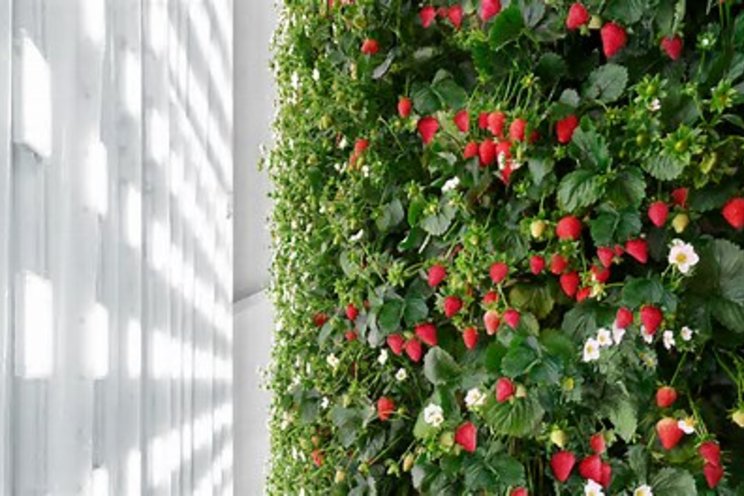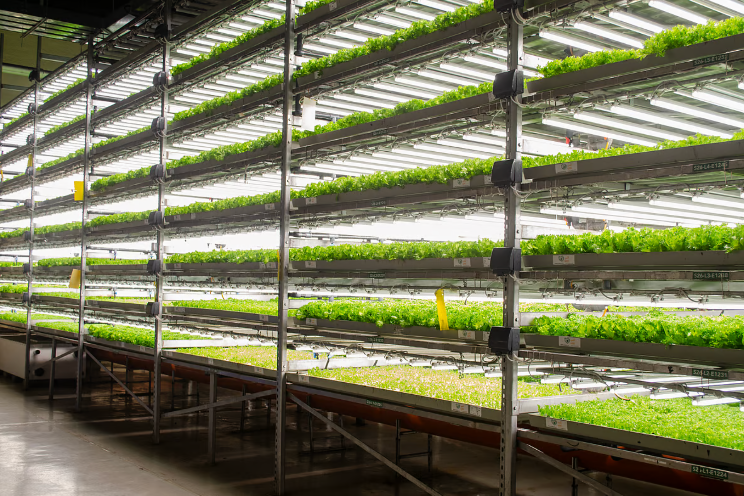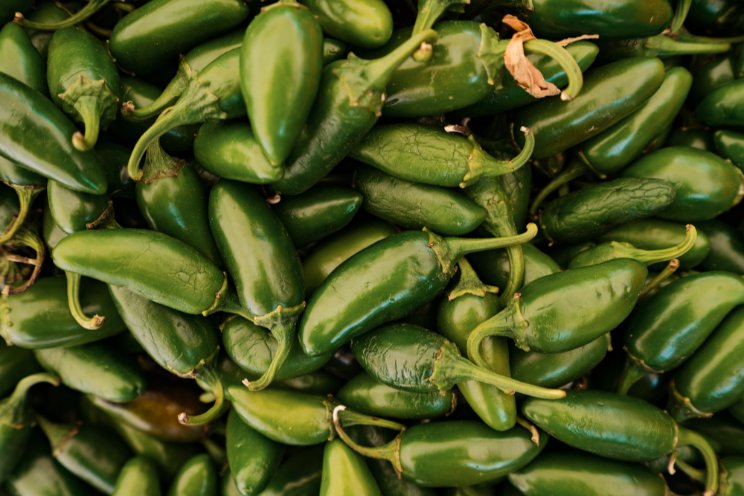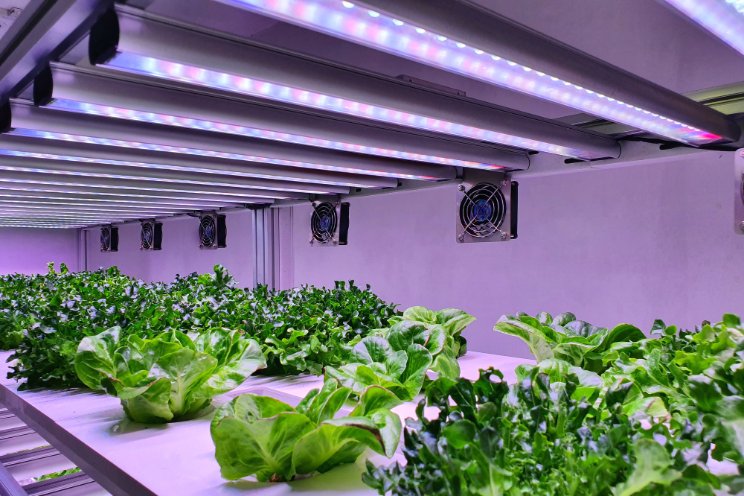How to avoid a salad crisis
Added on 01 March 2023

The reason behind this shortage is twofold.
Firstly, a colder-than-usual winter in Morocco and Spain caused crop disruption and transport problems. So the UK, which imports the vast majority of its salad items during the winter months from North Africa and southern Spain, is caught in a supply crunch.
Secondly, British greenhouse growers planted far fewer of these crops last year. The soaring cost of energy meant it would not have been economical to grow them over the winter.
Supermarket rationing could go on for weeks before the situation improves.
Environment Secretary Therese Coffey said last week that British consumers should eat more turnips instead of imported food.
The crisis has sparked a wider debate on food security and supply, and, as is often the case, technological innovation puts forward possible solutions.
The problem the farmers in Spain and Morocco had was that they couldn't control the weather. For example, they were powerless as hailstones smashed into their tomato crops.
But what if the farmers could control the entire growing environment?
Controlled environment agriculture has been attracting the interest of investors for a few years now.
Photo by Pille R. Priske on Unsplash
More news















